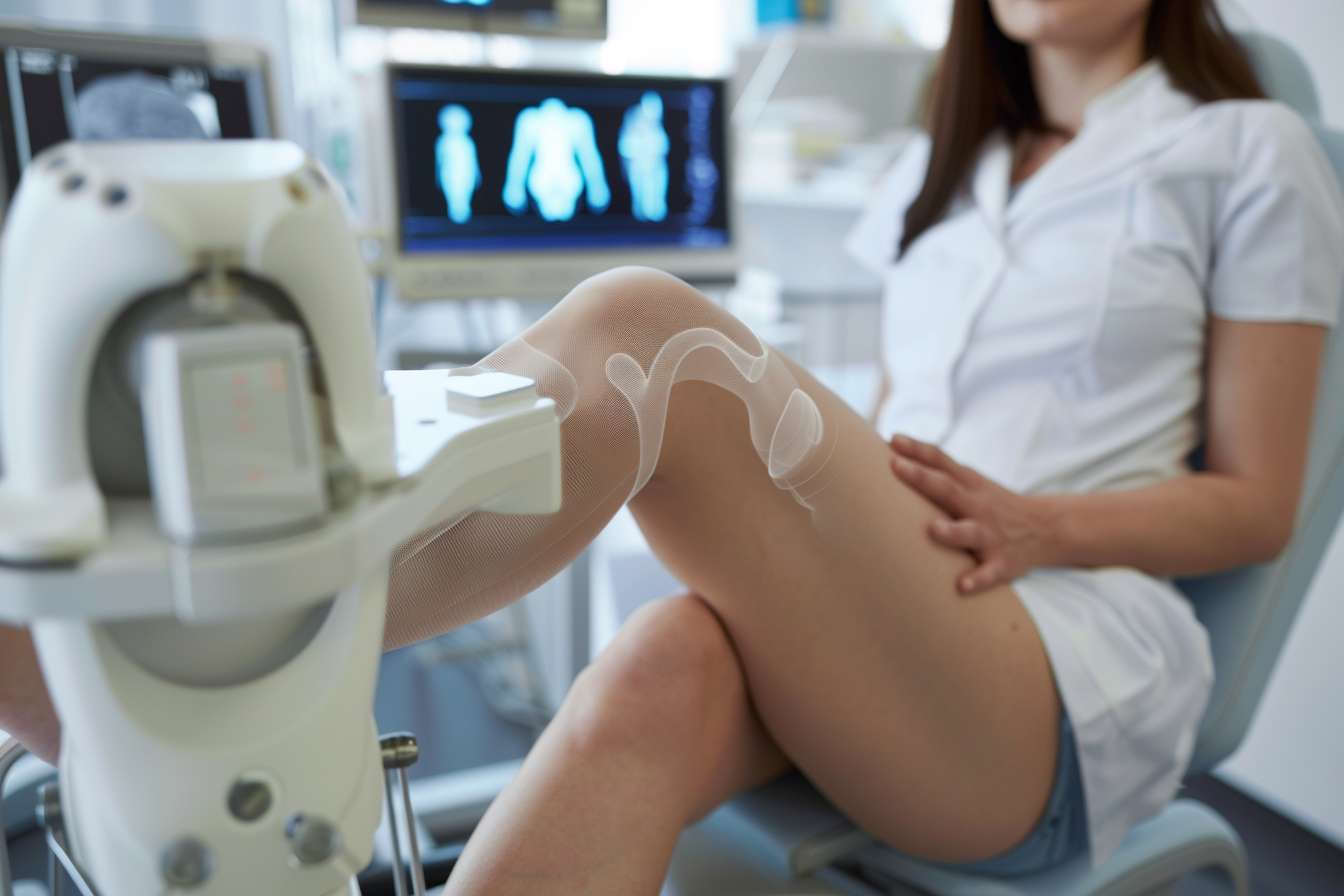What Participants Should Know About Parkinson’s Clinical Trials
Considering a Parkinson’s clinical trial may spark many questions. This article provides clear information on what participants can typically expect—from eligibility and study design to potential benefits and considerations—helping individuals understand the context before exploring available opportunities.

What Study Designs Are Typical in Parkinson’s Research?
Parkinson’s clinical trials utilize various research methodologies to explore potential treatments and interventions. Common study designs include randomized controlled trials, which compare new treatments against existing therapies or placebos. Observational studies track patients over time to understand disease progression, while interventional trials test specific medications, surgical techniques, or therapeutic approaches. Some trials focus on early-stage detection, while others aim to improve symptom management or explore potential disease-modifying treatments.
How Do Eligibility Criteria Differ Across Trials?
Eligibility requirements can vary significantly between clinical trials. Factors typically considered include:
-
Disease stage and severity
-
Age range
-
Current medications
-
Overall health status
-
Specific genetic markers
-
Duration of Parkinson’s diagnosis
Participants should carefully review each trial’s specific criteria. Some studies seek newly diagnosed patients, while others require participants with advanced stages of the disease. Comprehensive medical screening helps researchers ensure participant safety and study effectiveness.
What Can Participants Expect During Visits and Assessments?
Clinical trial visits typically involve comprehensive medical evaluations. Participants can anticipate:
-
Detailed medical history reviews
-
Physical examinations
-
Neurological assessments
-
Cognitive function tests
-
Blood work and imaging studies
-
Medication tracking
-
Potential medication or treatment administration
Each visit may last several hours, and participants should prepare for multiple appointments throughout the study duration. Open communication with research staff is crucial for understanding expectations and maintaining accurate documentation.
Understanding Clinical Trial Phases: Setting Realistic Expectations
Clinical trials progress through multiple phases, each with distinct objectives:
-
Phase I: Initial safety testing with a small group of participants
-
Phase II: Expanded testing of effectiveness and side effects
-
Phase III: Large-scale comparative studies
-
Phase IV: Post-approval monitoring and long-term evaluation
Understanding these phases helps participants recognize the research process’s complexity and potential outcomes. Not all trials lead to immediate treatment breakthroughs, but each contributes valuable knowledge to Parkinson’s research.
Support Resources for Potential Clinical Trial Participants
Multiple support resources are available for individuals considering clinical trial participation:
-
Parkinson’s Foundation clinical trial matching services
-
Local support groups
-
Online information platforms
-
Patient advocacy organizations
-
Neurologist consultations
-
Research center counseling services
These resources can provide guidance, answer questions, and help individuals make informed decisions about participating in clinical trials.
Financial Considerations for Clinical Trial Participation
| Resource | Type of Support | Potential Costs |
|---|---|---|
| Research Center | Direct Study Support | Typically Covered |
| Travel Expenses | Participant Responsibility | Varies |
| Medical Screenings | Often Covered by Study | Minimal Out-of-Pocket |
Prices, rates, or cost estimates mentioned in this article are based on the latest available information but may change over time. Independent research is advised before making financial decisions.
Clinical trials represent a critical pathway for advancing Parkinson’s disease treatment. While participation requires careful consideration, these studies offer hope and potential progress in understanding and managing this complex neurological condition.
Disclaimer: This article is for informational purposes only and should not be considered medical advice. Please consult a qualified healthcare professional for personalized guidance and treatment.




